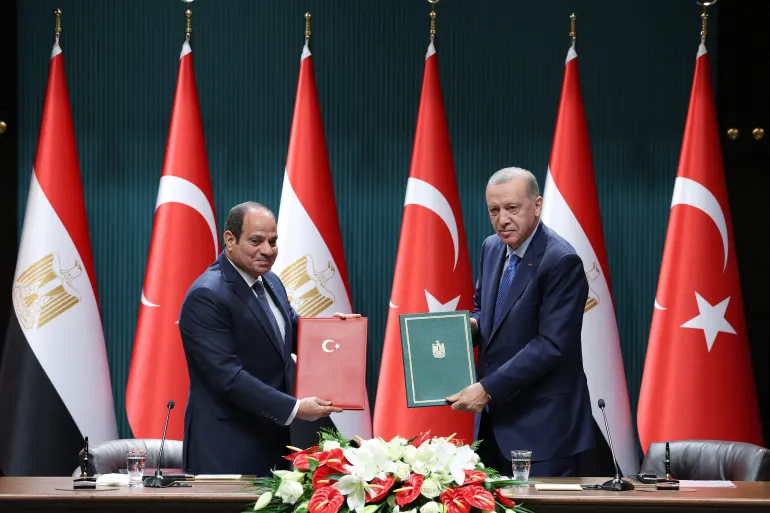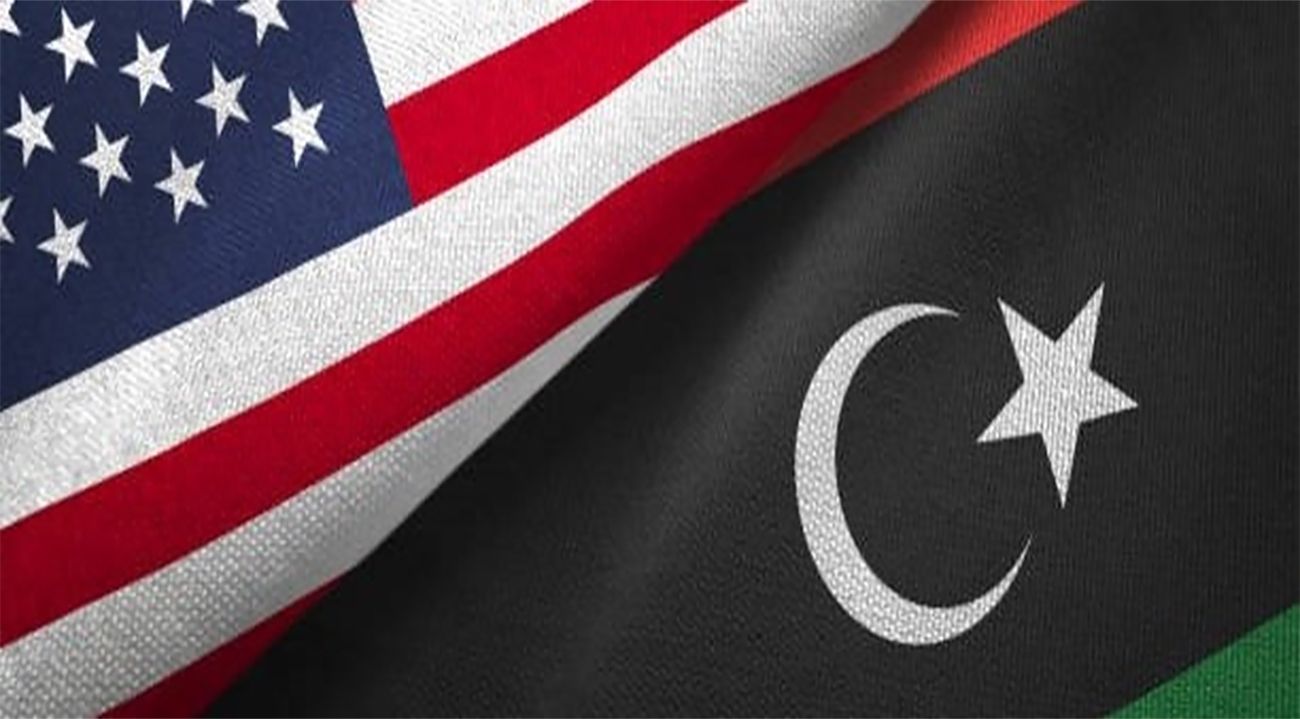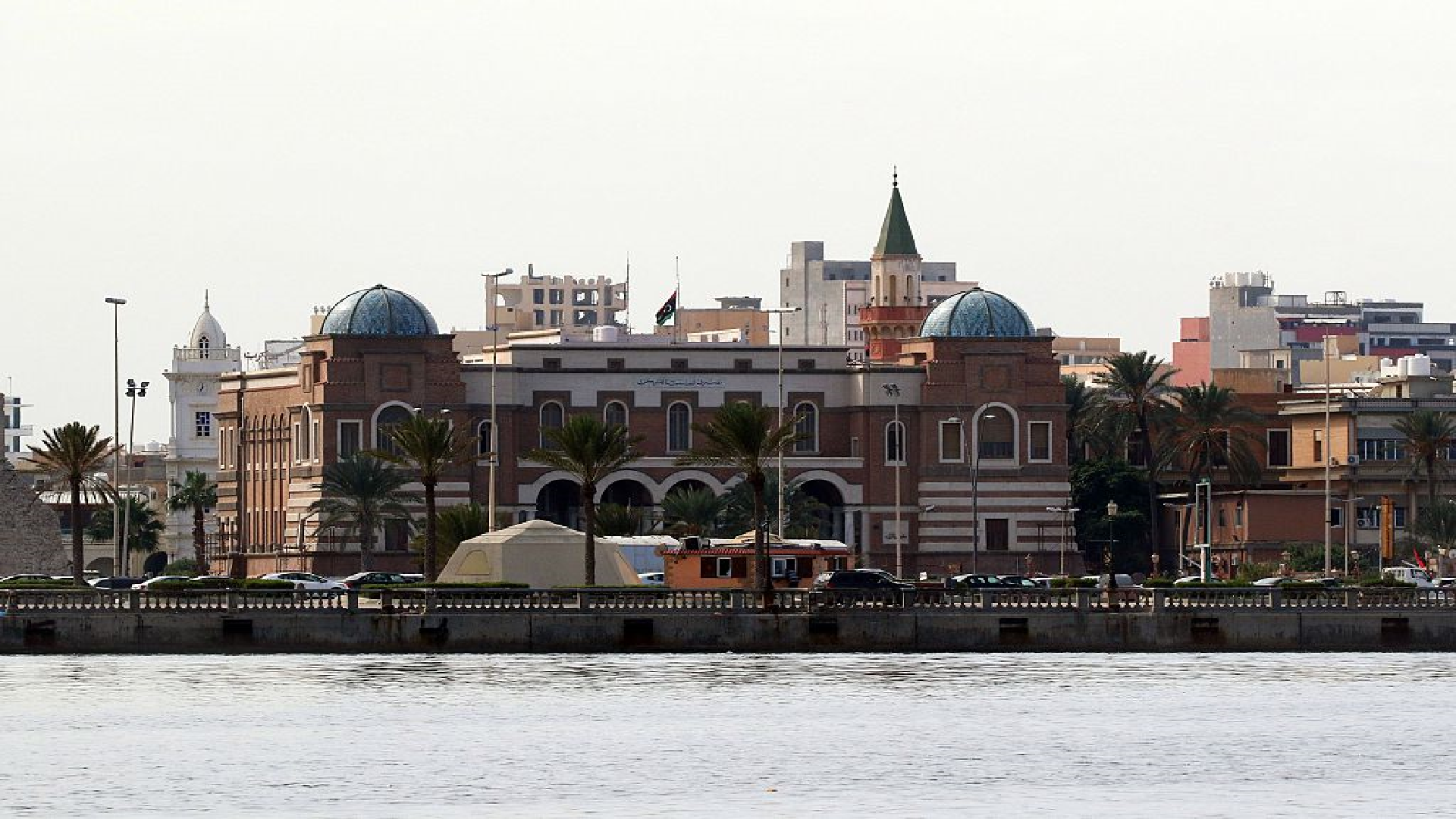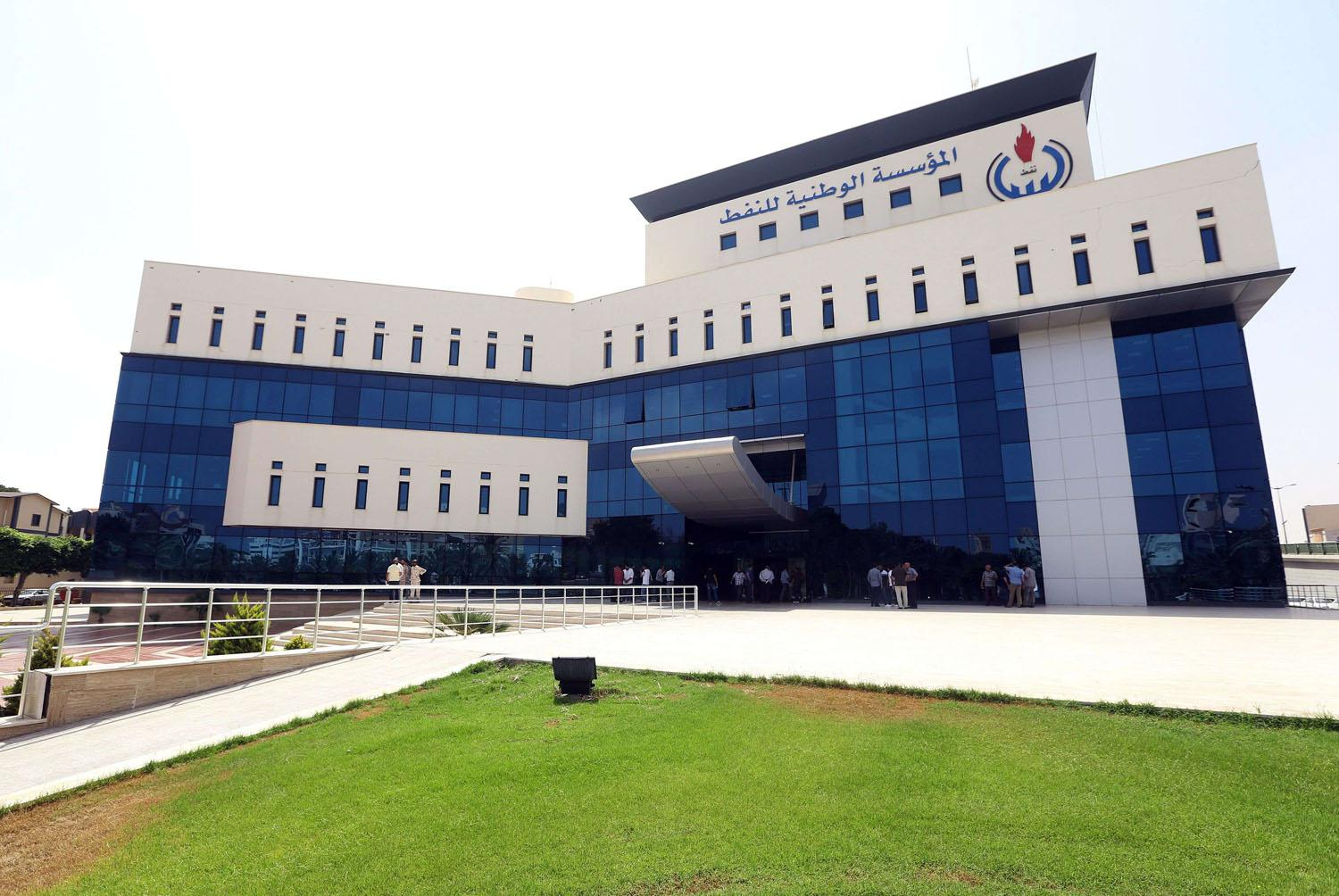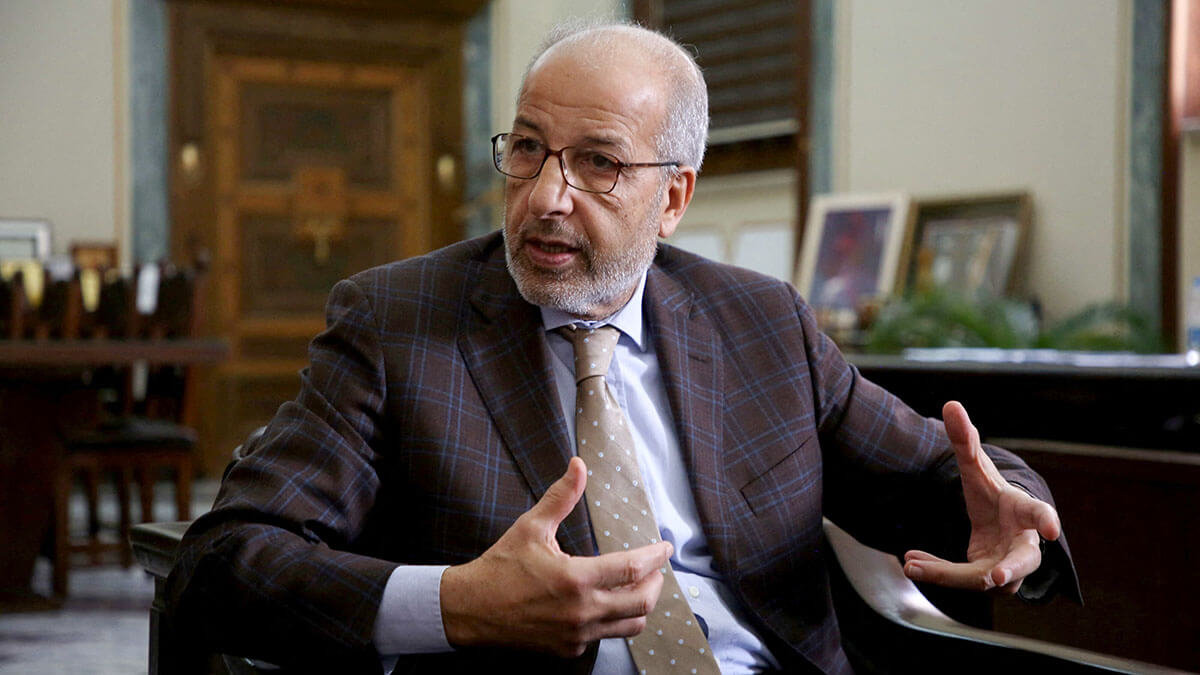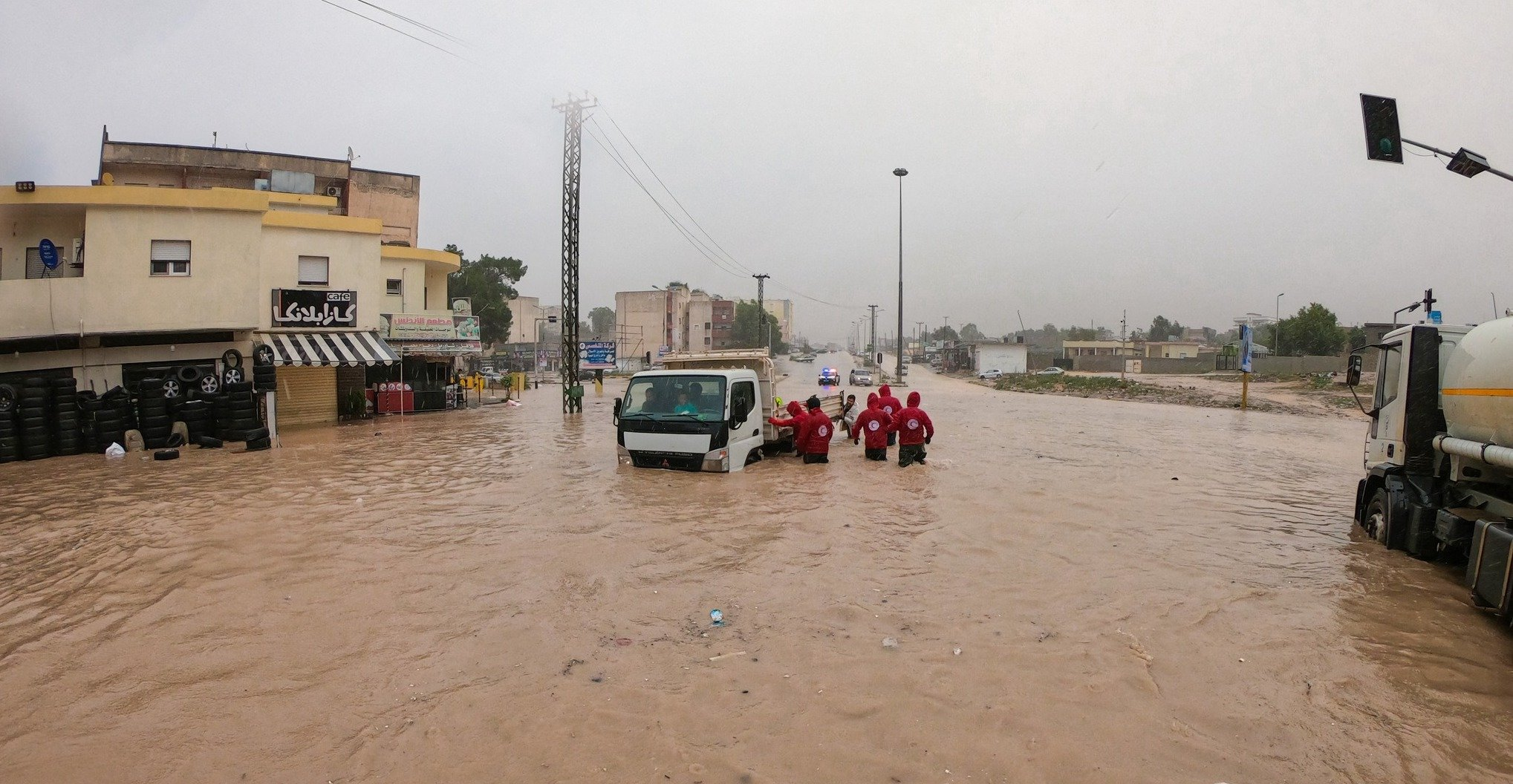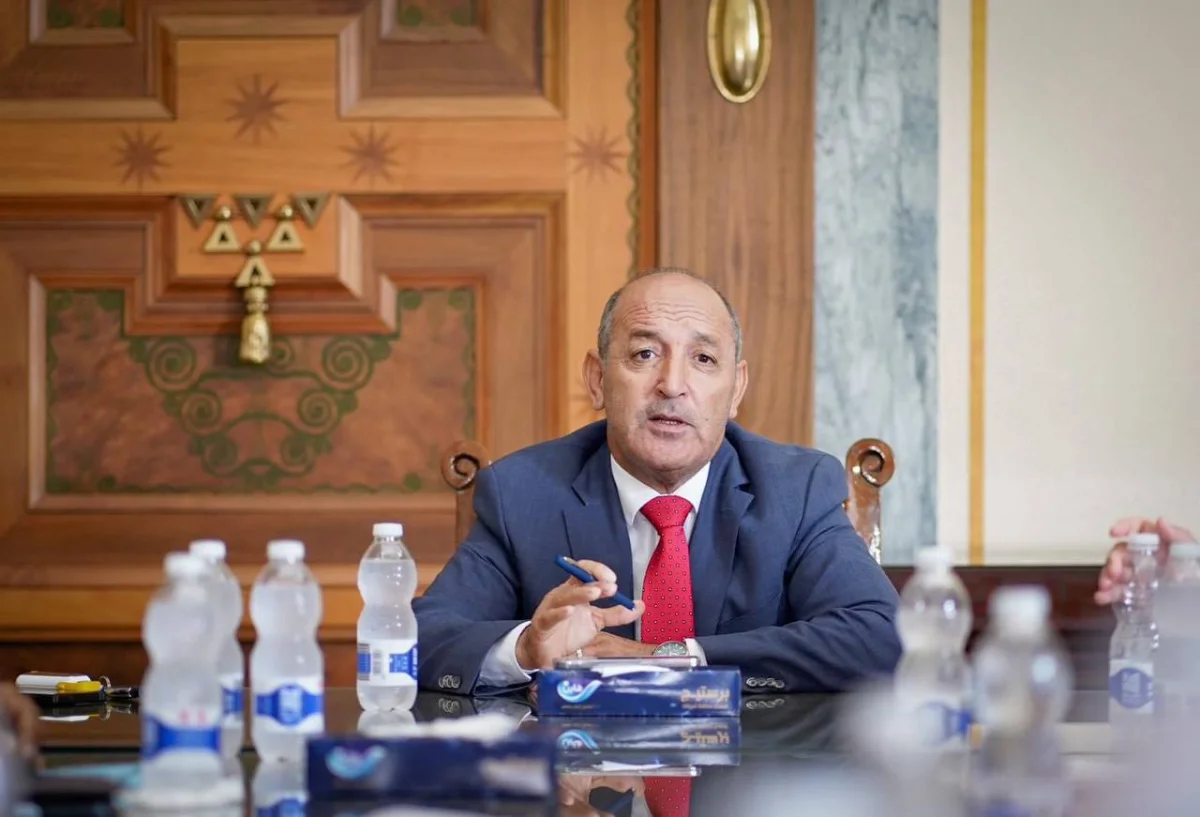Political Power Struggle Forces Libya’s Central Bank Chief to Flee
Seddiq Al-Kabeer, the governor of the Central Bank of Libya, along with other senior bank officials, has fled the country amid escalating threats from armed militias. The departure of the bank’s leadership comes as Libya faces one of its most severe political crises in recent years, which has paralyzed much of the nation’s oil production. Al-Kabeer, who has been in charge of the Central Bank for over a decade and oversees billions of dollars in oil revenue, finds himself at the center of a bitter power struggle with Tripoli-based Prime Minister Abdul Hamid Dbeibeh.
Dbeibeh, who leads one of Libya’s two rival administrations, has been pressing for Al-Kabeer’s removal, accusing him of mismanaging funds and creating a deceptively optimistic image of the country’s economic health. Al-Kabeer, in turn, has countered these accusations, arguing that Dbeibeh’s government is overspending and masking the true state of Libya’s economy. The tension between the two leaders has been simmering for months, but it escalated dramatically this week when the Tripoli government moved to take over the Central Bank’s premises in the coastal city.
Armed Militia Intimidation and Banking Disruptions
The situation took a dangerous turn as a committee from the Tripoli-based government, aligned with Dbeibeh, seized control of the Central Bank’s headquarters. According to Al-Kabeer, this was followed by a campaign of intimidation by armed militias who began coercing bank employees to continue working under the new management. Al-Kabeer disclosed in a telephone interview that these militias have resorted to terrifying tactics, including the abduction of bank staff’s family members, to force them to comply.
Faced with these threats, Al-Kabeer decided to flee to an undisclosed location to protect his life and those of his colleagues. He condemned Dbeibeh’s actions as illegal, pointing out that they violate UN-negotiated agreements, which require consensus between Libya’s eastern and western governments for any changes in the Central Bank’s leadership. As the crisis deepened, most of Libya’s banking services were suspended, severely disrupting the Central Bank’s operations and adding to the country’s economic woes.
Al-Kabeer’s plight has not gone unnoticed, as he has garnered significant support from the eastern-based parliament and the rival administration in eastern Libya, led by warlord Khalifa Haftar. In response to the Tripoli government’s actions, Haftar’s administration took the drastic step of halting oil production in territories under its control, plunging Libya further into economic uncertainty.
Oil Production Halt and Global Market Implications
The shutdown of oil production has had a profound impact on Libya’s economy and its position in global energy markets. According to the research firm Energy Aspects, approximately 750,000 barrels per day of Libyan oil production were taken offline by Thursday, with an additional 250,000 barrels per day at risk. Libya, which produced nearly 1.2 million barrels per day in July, is now facing a significant reduction in its oil output, with key production sites shutting down and the potential for prolonged outages.
Despite the severity of the situation in Libya, global oil prices have shown resilience. While prices initially jumped by over 3% on concerns about disruptions in Libya’s oil supply, they have since retreated to pre-crisis levels. Benchmark Brent crude was trading at around $79 per barrel on Thursday, down from a peak of $91 per barrel in early April. Market analysts suggest that the global oil market remains well-supplied and capable of absorbing disruptions, even from a significant producer like Libya.
However, the implications for Libya are dire. The ongoing power struggle threatens not only the stability of the country’s oil production but also the broader economy and the value of the Libyan dinar. Al-Kabeer has warned of the numerous dangers posed by the oil shutdown, including the possibility of renewed conflict between rival forces in Tripoli who either support or oppose his removal. He also expressed concern over the fate of valuable assets within the Central Bank, whose status remains uncertain as the situation continues to unfold.
Under UN Security Council resolutions, only the Central Bank in Tripoli is authorized to control and distribute Libya’s oil revenues. The international community, including the UN and the US, has called for dialogue to resolve the crisis, stressing the importance of stability in Libya for the global energy market.
Tim Eaton, a senior research fellow at Chatham House in London, emphasized the complexity of the situation. Al-Kabeer, who has served as governor since 2012, has centralized significant power within the Central Bank. Replacing him could prove difficult, as various factions within Libya vie for greater access to the country’s lucrative oil revenues. Eaton warned that appointing a weaker successor who is beholden to political interests could exacerbate the crisis, rather than resolving it.
Eaton called for the formation of a technically skilled board to oversee the Central Bank, advocating for a return to checks and balances within the institution. Such a board could help dilute the power concentrated in the office of the governor and restore some stability to Libya’s fragile financial system.
Adapted from Financial Times

